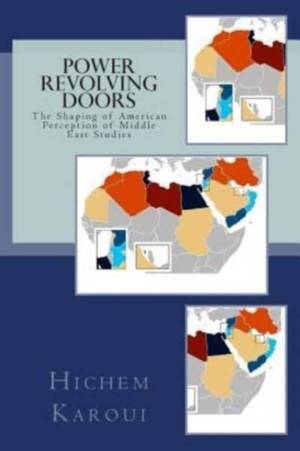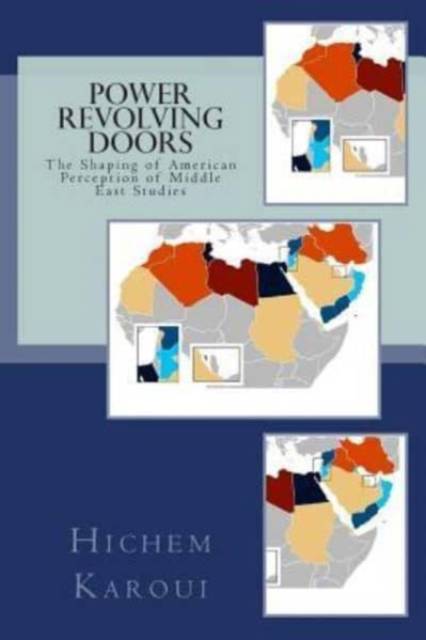
- Afhalen na 1 uur in een winkel met voorraad
- Gratis thuislevering in België vanaf € 30
- Ruim aanbod met 7 miljoen producten
- Afhalen na 1 uur in een winkel met voorraad
- Gratis thuislevering in België vanaf € 30
- Ruim aanbod met 7 miljoen producten
Zoeken
Power Revolving Doors
The Shaping of American Perception of Middle East Studies
Hichem Karoui
Paperback | Engels
€ 9,45
+ 18 punten
Omschrijving
Everything started with a controversy between Conservatives and Liberals in the Bush II years, about Middle East Studies. The shock of 9/11 made many people look toward the community of Middle East experts with questions like: why did they not predict what happened? Could they warn us? What's the use of these studies anyway? Etc...However, when one follows the debate, one realizes that the kind of problems it raised could not get convincing answers without linking what happened inside the campus with ideas, and persons, in other organizations and institutions, like think tanks and media corporations...This book shows that to answer the questions of the debate about Middle East studies in the USA, without linking them to the structural tools that contribute in shaping the American mind and the making of foreign policy, would be just amputating the facts from their normal context. It shows that these structural tools happen to be also the revolving doors of power in the USA.
Specificaties
Betrokkenen
- Auteur(s):
- Uitgeverij:
Inhoud
- Aantal bladzijden:
- 192
- Taal:
- Engels
Eigenschappen
- Productcode (EAN):
- 9781484128954
- Verschijningsdatum:
- 21/04/2013
- Uitvoering:
- Paperback
- Formaat:
- Trade paperback (VS)
- Afmetingen:
- 152 mm x 229 mm
- Gewicht:
- 263 g

Alleen bij Standaard Boekhandel
+ 18 punten op je klantenkaart van Standaard Boekhandel
Beoordelingen
We publiceren alleen reviews die voldoen aan de voorwaarden voor reviews. Bekijk onze voorwaarden voor reviews.











